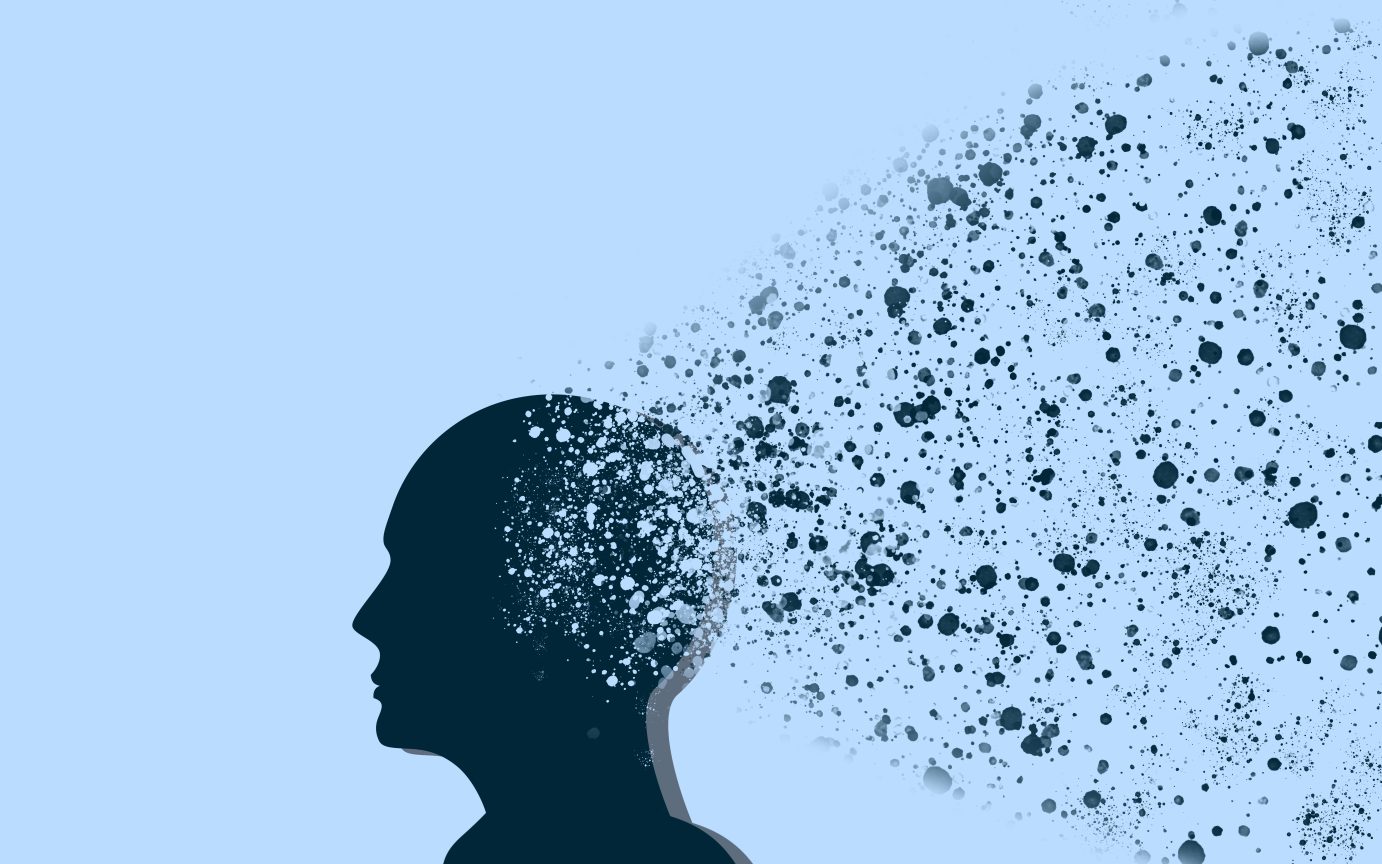How Poverty Poisons the Brain

What’s the Latest Development?
A joint study conducted by psychologists and poverty researchers at the University of Madison-Wisconsin and Harvard University has found that: “Poverty is a type of pervasive experience that is likely to influence biobehavioral processes because children developing in such environments often encounter high levels of stress and reduced environmental stimulation.” The study explored the association between socioeconomic status and the hippocampus, a brain region involved in learning and memory that is known to be affected by stress. Researchers found that “children from lower income backgrounds had lower hippocampal gray matter density, a measure of volume.”
What’s the Big Idea?
“That poverty poisons the brain around the world should be a strong working hypothesis,” says Nortre Dame anthropology professor Daniel Lende, who analyzed the group’s study. “That means that increasing human potential means supporting human development and reducing inequality. … The links between poverty, inequality, stress, and brain development are no longer ideal speculation. This is robust research, even if political powers want to either ignore it or favor strategies aimed at the middle class to get votes and support early schooling as a stop-gap band-aid against the larger reality.”





